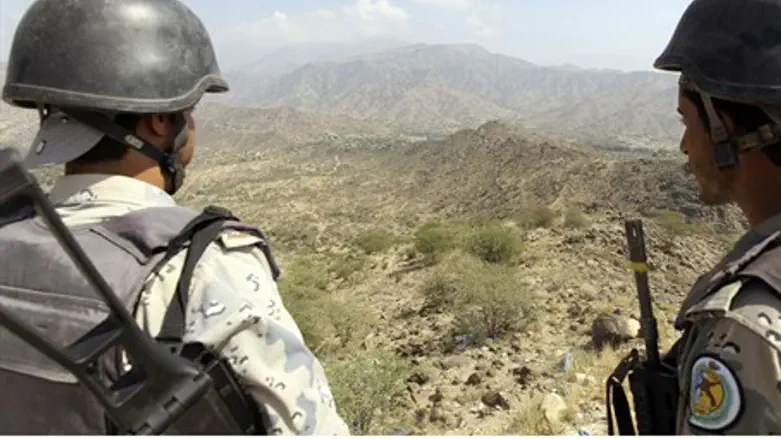
Yemen's exiled government and Shiite rebels who control the capital failed to agree on even a temporary ceasefire Friday as they wrapped up UN-brokered talks, reports The Associated Press (AP).
The collapse of the talks came as Saudi-led airstrikes continued to pound the Iran-backed rebels, known as Houthis, and their allies.
UN envoy Ismail Ould Cheikh Ahmed, who mediated the talks in Geneva, told reporters that the two sides broadly favor a ceasefire that would have rebels withdraw from cities and towns seized in recent months and the coalition halt its air campaign against them.
"We didn't reach a final agreement. We have to be clear and transparent," he said, according to AP, adding that a deal "will require further consultation."
"I come out with a certain degree of optimism," he added. "It's a matter of time."
Earlier this week it was reported that the warring parties had agreed on the need for a ceasefire but were unable to work out the details.
The fighting in Yemen pits the Houthis and allied troops loyal to former President Ali Abdullah Saleh against southern separatists, local and tribal militias, Sunni Islamic militants and loyalists of President Abed Rabbo Mansour Hadi, who fled to Saudi Arabia after the rebels seized the capital, Sanaa, in September.
A Saudi Arabian-led alliance began launching airstrikes on the Houthi rebels on March 26, aimed at restoring Hadi.
Iran backs the Houthi movement, and it is believed it is planning to use them to take over Yemen and seize the key strategic port of Aden, which controls the entrance to the Red Sea and ultimately to the Israeli resort city of Eilat.
The exiled government had demanded the implementation of a UN Security Council resolution requiring the rebels to withdraw from cities and towns, including the capital, noted AP.
The Houthis, for their part, had called for a temporary ceasefire, but the government rejected it, saying the rebels had used a previous humanitarian pause to grab more land. Mediators had hoped to broker at least a temporary ceasefire for the Islamic fasting month of Ramadan, which began Thursday.
Ould Cheikh Ahmed said the Houthis had signaled their willingness to implement the UN resolution in a proposal presented to him on Thursday, without elaborating on its contents. Another proposal called for deploying civilian observers to verify a cease-fire, he said, according to AP.
(Arutz Sheva’s North American desk is keeping you updated until the start of Shabbat in New York. The time posted automatically on all Arutz Sheva articles, however, is Israeli time.)